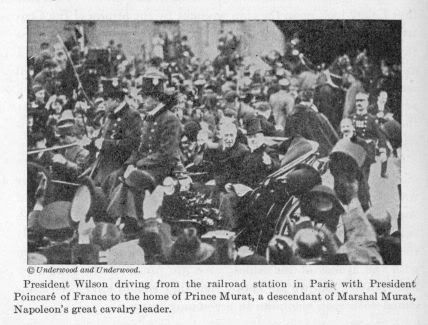A new WorldPublicOpinion.org poll of 18 countries finds that in 14 of them people mostly say their government should not take sides in the Israeli-Palestinian conflict. Just three countries favor taking the Palestinian side (Egypt, Iran, and Turkey) and one is divided (India). No country favors taking Israel's side, including the United States, where 71 percent favor taking neither side.
Yet not only is the view of "even-handedness" completely unrepresented among mainstream political figures in the U.S., it's deemed political death to go anywhere near expressing that view. Back in 2003, then-presidential-candidate Howard Dean expressed the exact position favored by an overwhelming majority of Americans, yet triggered an intense and even ugly controversy by doing so:
Dean's Israel troubles began at a Sept. 3 campaign event in Santa Fe, N.M. When it comes to the Israeli-Palestinian conflict, he said that day, "It's not our place to take sides." Then, on Sept. 9, he told the Washington Post that America should be "evenhanded" in its approach to the region.
That's all Dean said. It's a view held by more than 70% of Americans. It ought to be completely uncontroversial -- if anything, it ought to be that view that is deemed a political piety. But what happened? This, according to an excellent account of that "controversy" in Salon by Michelle Goldberg:
The media and the Democratic establishment reacted as if Dean had called Yasser Arafat a man of peace. On Sept. 10, 34 Democratic members of Congress, including House Minority Leader Nancy Pelosi, wrote Dean an open letter. "American foreign policy has been -- and must continue to be -- based on unequivocal support for Israel's right to exist and to be free from terror . . ." they wrote. "It is unacceptable for the U.S. to be 'evenhanded' on these fundamental issues . . . This is not a time to be sending mixed messages; on the contrary, in these difficult times we must reaffirm our unyielding commitment to Israel's survival and raise our voices against all forms of terrorism and incitement."
The Israeli newspaper Ha'aretz reported that Dean had badly damaged his own campaign. "Sources in the Jewish community say that Dean has wrecked his chances of getting significant contributions from Jews . . ." the paper wrote. "Many believe Dean's statement will drive more Jews toward Lieberman and Kerry, enabling Kerry to take the lead again."


